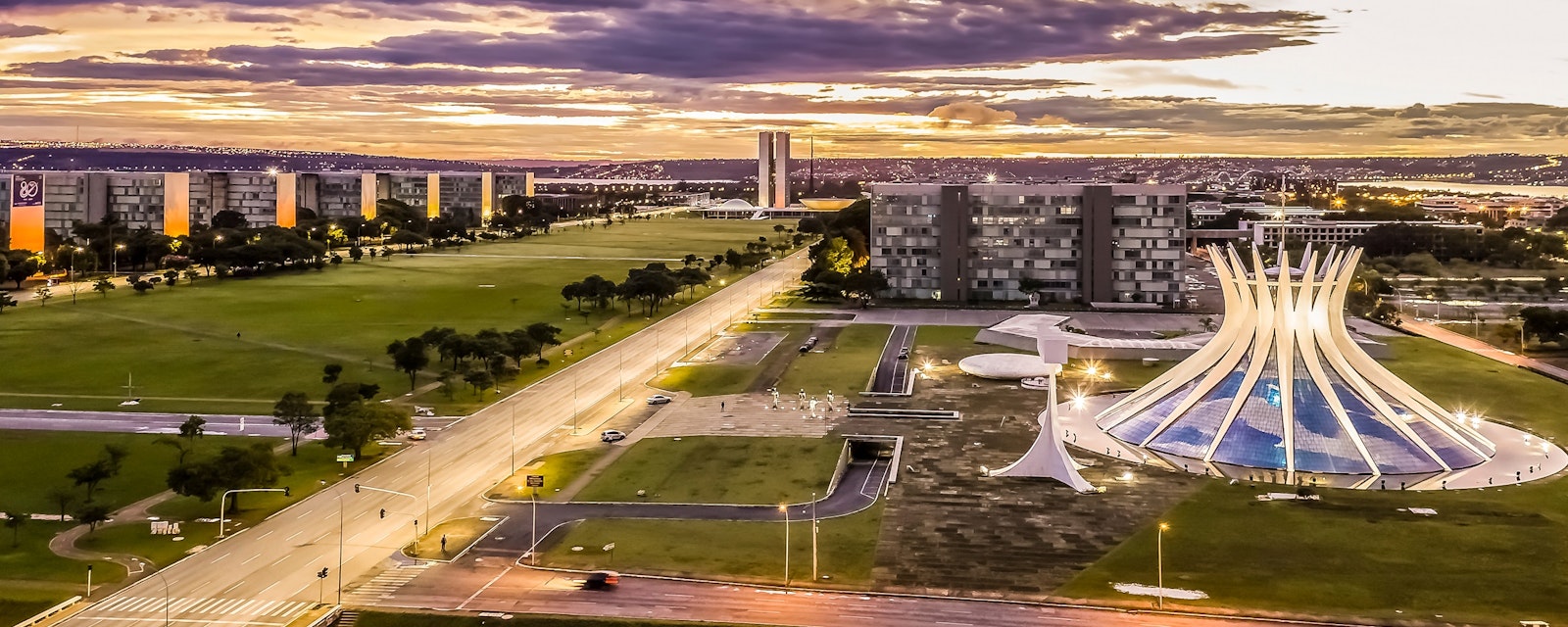Former President Luiz Inacio Lula da Silva won the presidency yesterday, 30 October, by a little over two million votes or a difference of 1.8 percentage points (50.9-49.1%) over incumbent president Jair Bolsonaro, who remains silent since the announcement of Lula’s victory.
Unlike in his two previous presidential mandates in 2002-2010, Lula will start his third mandate in 2023 with a strongly divided electorate and a very stressed economy. In addition, his government will need to look and act clearly as a broad-based pro-democracy coalition, without which it may be discredited early in the game.
These are the immediate signposts to watch:
Crucial pre-honeymoon: Lula may not have any honeymoon whatsoever after his inauguration on 1 January 2023 if he fails to indicate his governing intentions before the end of this year. The presidential campaign was altogether empty in terms of policy proposals. In the case of Lula, he mostly relied on reminiscing about his previous mandates and the 83% approval rating he had when he passed on the government to Dilma Rousseff in 2010.
First-order priority: The top item that could alleviate much of the current apprehension about Lula's third mandate is the economy and the team he will appoint to deal with it. Not only are markets jittery, but there is also a general concern that he may lose credibility with more than the market if he makes a bad choice. Lula's general orientation is to pick someone with a similar profile to his former Finance Minister, Antonio Palocci, someone successful despite being "only" a politician. Lula also intends to reinstate two economic ministries merged into Bolsonaro's Economy Ministry: planning, and trade and industry.
Flight to the center: Lula will have to put into practice what he did for electoral reasons by choosing former presidential contender Geraldo Alckmin as his running mate. He needs to effectively move to the center of the political spectrum through his choice of names for his cabinet. Presidential contender Simone Tebet from the center-right MDB is naturally at the top of the list, given her performance in the first round and her open alliance with Lula in the runoff election. Tebet also has pull with the powerful center-west agribusiness sector.
Healing the wounds: Those that voted for Lula perceived a country bruised by four years of Bolsonaro. However, the bigger wound refers to the electorate's polarization. One should not expect Lula to be able to make significant inroads with the die-hard Bolsonaro base. However, many who voted for Bolsonaro do not favor his aggressive far-right approach to governing but had no other option when rejecting Lula and the PT. Lula will need to lure this segment by addressing concerns such as security, family values, and the economy.
An adversarial congress: Bolsonaro's party, the Liberals or PL, will have 25% of the seats in the Senate and 16% in the House, thus contributing to a rightwing bloc that will reach 53% of the House and 52% of the Senate. The leftwing bloc, including Lula's PT, will account for only 25% of the House and 17% of the Senate. Much of the rightwing bloc belongs to the "Big Center," which is notorious for aligning itself with the government in power. The first challenge that requires immediate attention from the Lula team is the approval of the 2023 budget.




